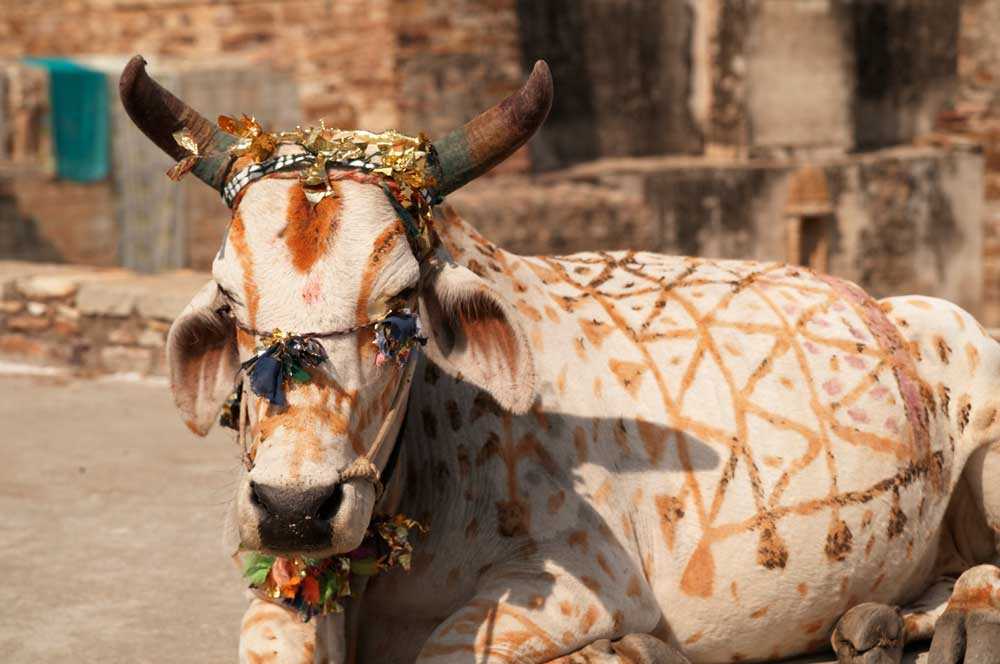Home » Fighting Falsehoods » A Sacred Cow? Controversial Recommendations About Red Meat
A Sacred Cow? Controversial Recommendations About Red Meat

Publisher: Psychology Today
Featured Council Member: Frank Hu, MD, Harvard
A sacred cow, according to the Oxford English Dictionary, is “an idea or institution unreasonably held to be immune from questioning or criticism.” The term, also used in journalism to indicate someone not to be criticized or even copy not to be altered, seems to have originated in the late 19th century, probably in the context of the cow as an object of reverence in the Hindu religion. With the recent intense criticism directed at a series of systematic reviews and meta-analyses in the prestigious Annals of Internal Medicine (October 2019) about red meat intake in our diet, we may be indeed dealing with one of our “sacred cows.” Criticism has come from the American Heart Association, the American Cancer Association, Dr. Frank Hu, Dean of the Harvard T.H. Chan School of Public Health, and Dr. David L. Katz, President and Founder, True Health Initiative, among many others, when the series of articles recommended, in a complete reversal of years of previous research findings, that Americans need not necessarily limit their intake of red and processed meat to prevent cardiovascular disease, type 2 diabetes, many forms of cancer, and even earlier mortality.
Facebook
Twitter
LinkedIn
Pinterest

